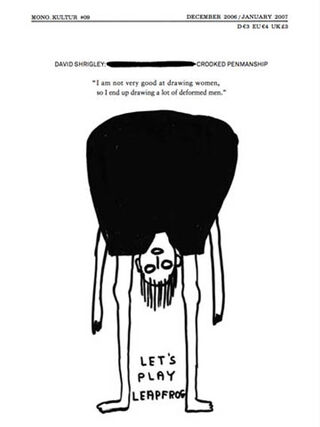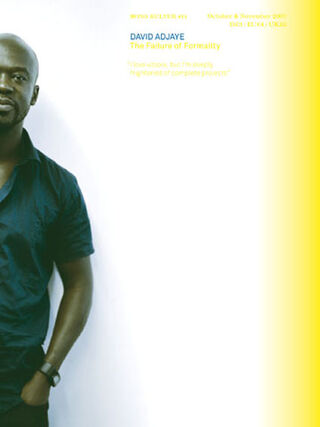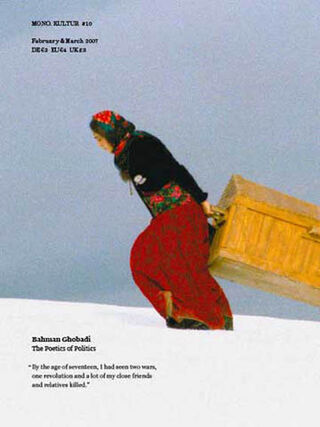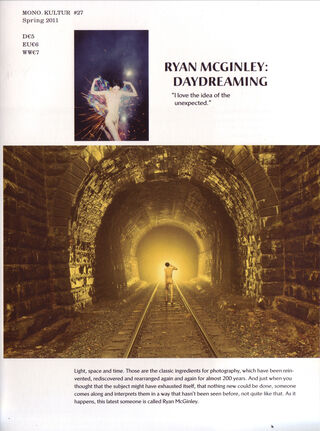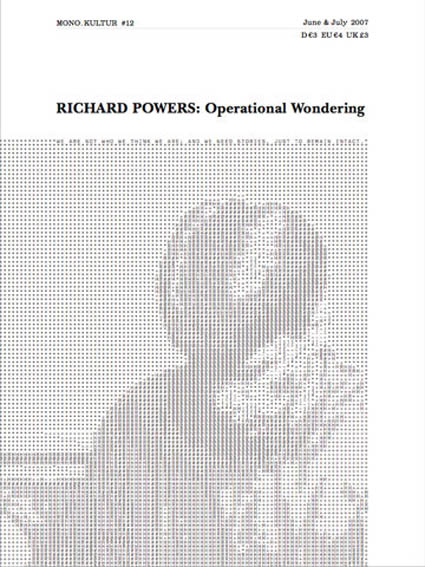
Richard Powers
availability unknown, if interested please write an email
We are not who we think we are; and we need stories, just to remain intact.
“Fiction can travel anywhere, and probably should. Each time out, the writer must become a whole new county courthouse of competing voices, oblique motives, and incompatible beliefs. As such, no single set of rules will serve to get us through even the simplest story.”
– Richard Powers
Celebrating his fiftieth birthday this June, Richard Powers is one of the most important voices in American fiction today. Born in Evanston, Illinois, he grew up in the Midwestern North Shore region and Bangkok, Thailand, where he moved with his family. At age 16, Powers returned to the U.S. and subsequently enrolled as a physics major at the University of Illinois at Urbana-Champaign.
Shortly thereafter, he found himself switching his major to English literature and eventually took on a position as a computer programmer in Boston, Massachusetts, after having received his master’s degree. Although he came close to becoming a professional musician – Powers is a skilled multi-instrumentalist – it was a photograph by August Sander which inspired him to quit said line of work to make a choice between his many career options and focus on writing his first novel, Three Farmers on Their Way to a Dance, which debuted in 1985. After his next two novels which he wrote during an extended stay in the Netherlands, he became a finalist for the National Book Award for Operation Wandering Soul in 1993 – an award he eventually received for last year’s critically acclaimed The Echo Maker, which has recently been nominated one of this year’s finalists for the Pulitzer Prize.
Now a professor at his alma mater, the University of Illinois, Powers has published a total of nine novels. After Galatea 2.2, Gain, and Plowing the Dark, it was The Time of Our Singing in 2003 that ultimately foreshadowed the huge success his recent The Echo Maker would turn out to be. European readers embraced his exploration of race relations and the burdens of talent to such a degree, that the German translation of his latest novel was published even prior to its stateside release.
Venturing upon distant literary, musical, and especially scientific ground, including the realms of neuroscience, molecular biology, artificial intelligence, and virtual reality, Powers’s approach to fiction writing can best be described as an encyclopaedic ‘braiding’ technique, a generalist juggling of manifold narrative threads without ever losing focus on intricate, page-turning storytelling. As a novelist drawn to this braiding of countless disciplines, Powers nevertheless incessantly hunts for the human element – the human condition – in our modern world; a rare combination that integrates both the ‘combinatorial agility’ of words and our ongoing search for a common ground.




